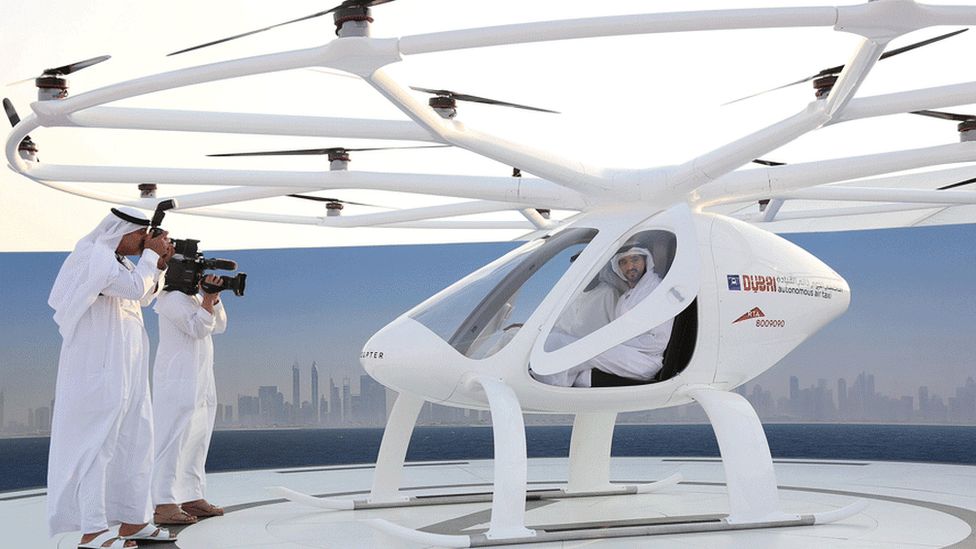
The Roads and Transport Authority (RTA) recently held the first legal forum to review the rules and regulations governing autonomous operations.
The forum discussed the operational obligations on the operator (pilot), controller and crew members of an autonomous aircraft.
The preliminary step aimed to chart out suitable structures and develop rules and regulations for this mode of transport.
“Legislations regulating the operation of such drones are critical to maintaining the development process and envisioning the future,” said Shehab Bu Shehab, director of the Legal Department, Strategy and Corporate Governance Sector, RTA.
“Enacting suitable legislation for drone’s operation focuses on several key aspects. The process is extremely important as drones are an extremely high-risk factor to the air traffic of conventional planes if left without legislation and legal controls.
“Consideration is also given to the flying environment of drones, licensing conditions, operation controls, and the associated responsibilities in this field,” he added.
The forum discussed three main topics related to the registration procedures, operation controls and liability for damage caused by drones. Participants cited the American and French models, both of which provide for mandatory registration of autonomous aircraft prior to operation.
Other topics discussed included adherence to safety rules, safe distance and property protection.
When determining heights and the horizontal dimension, the RTA shall give “due consideration to specifying the safety distance sufficient to protect individuals, properties, civil and military aircraft, installations, buildings and other unmanned aircraft”.
When carrying out operations or operational experiments, the operator, pilot or controller of the drone must not deviate from the airspace.
Registration of drones mandatory
The forum discussed the procedures for the compulsory registration of drones in Dubai.
According to the law, the use of drones is prohibited in certain places such as airports, military zones and residential areas. Among the conditions attached to the use of such aircraft, a supervisor must be tasked to oversee matters related to privacy (photography), protection of personal data and the risks of flying over residential communities.
The law made it mandatory to provide an electronic map that specifies the prohibited and permitted areas for flying over.


